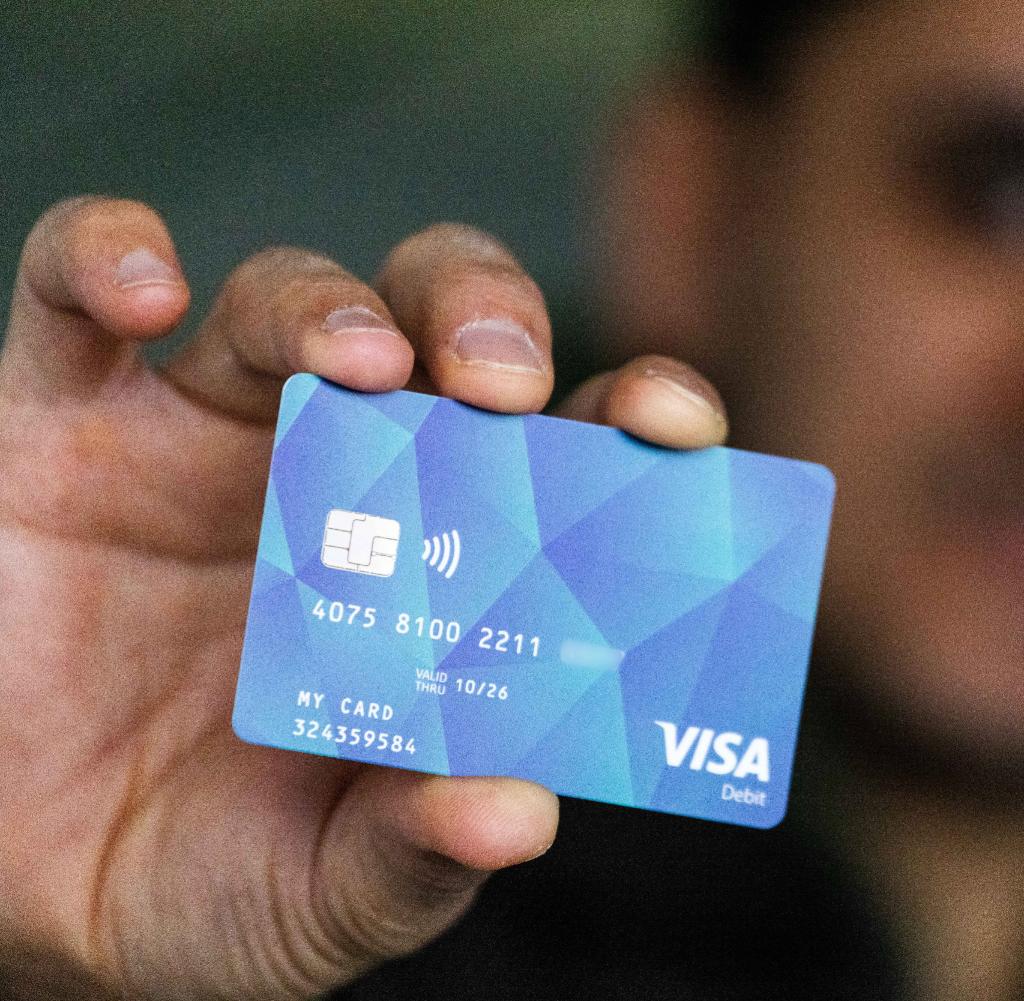The human rights organisation Pro Asyl has sharply criticised the introduction of a payment card for refugees. “The payment card is the embodiment of state bullying against people seeking protection,” said the organisation’s refugee policy spokesman, Tareq Alaows, to the “RedaktionsNetzwerk Deutschland”. “And 50 euros as a cash limit per month is a joke; that wouldn’t even be enough for Mr Scholz to buy a meal in a restaurant.” In Lower Saxony, meanwhile, an alliance of more than 40 initiatives and organisations has started a petition against the payment card, which they consider discriminatory.
Alaows criticized that the payment card deprives refugees of the opportunity to competently manage their everyday lives independently. Unnecessary everyday hurdles are being created. “Instead of enabling refugees to participate in society from the start, they are now being harassed even more, because 50 euros in cash is completely unrealistic when you consider how much is still paid in cash in Germany.” The amount is not even enough for an installment payment to lawyers, who often do not have a card reader.
The signatories of the Lower Saxony appeal, which include the State Refugee Council, the State Youth Council and the Lower Saxony Integration Council, see things similarly. They had already addressed an appeal to the state government in mid-May and started a petition on the “open petition” platform a few days ago.
In the petition addressed to the President of the State Parliament, they criticize the introduction of the payment card as merely a populist symbolic policy. It stands for “systematic discrimination and exclusion of refugees instead of equal opportunities and equal participation in society.”
On Thursday in Berlin, the Conference of State Ministers agreed by a majority to set a cash limit of 50 euros for the planned nationwide payment card for refugees. This will ensure that state services for asylum seekers and refugees will be largely provided without cash in the future.
Bremen, however, wants to pay out an amount of up to 120 euros, as the Hanseatic city’s Senate Chancellery announced on Friday. The state expressly welcomes the goal of the payment card to minimize the administrative burden on municipalities, it said. “However, given the reality of people’s lives, it is still necessary for them to have access to cash.”




